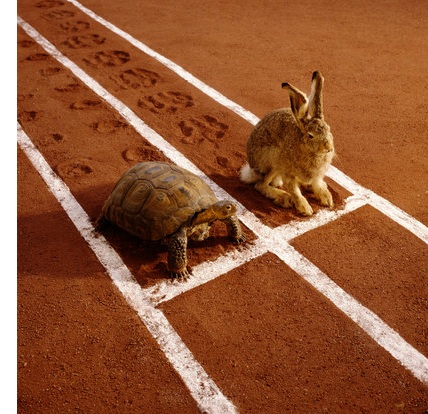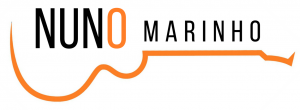A targeted effort can increase learning velocity.
Yes, is that simple! Here is how it works:
Myelin is a microscopic neural substance that adds a vast amount of speed and accuracy to your movements and thoughts. It is activated, keeps growing and is optimized by deep practicing a certain activity.
Myelin increases the brains signal strength, speed and accuracy. This way, the more we fire a particular brain circuit the stronger, faster and more fluent our movements and thoughts become.
Energy and time are essential to build a lot of myelin. Therefore, passion and persistence are key ingredients of talent. To be great you’ve got to work hard on a subject you love. If you don’t love it, you’ll never work hard to be great.
Remember your coach or teacher lectures about muscle memory? If you train a sluggish unreliable movement that’s exactly what your muscle memory will register in your brain to do in upcoming performances. On the other hand, if you practice a slow and synchronized movement you will be strengthening a perfectionist movement.
This all sounds terribly complex and demanding as a skill acquiring process. But the good news is that the more we develop a skill circuit, the less we’re aware that we are using it. A talented skill becomes natural when our conscientious knowledge of the skill develops into an unconscious knowledge. This process is called automaticity.
“Learn the changes then forget them” – Charlie Parker.
So here’s the paradox: In order to speed the learning process one must make mistakes and pay attention to those mistakes. One must slow down and teach the brain circuit. Then you must keep firing that circuit through deep practicing.
So, in order to speed up the learning process one must engage in an attentive, hungry and focused state of mind that allow us to deep practice repeatedly a subject that we love.
Do remind that the longer you perform an activity the harder it gets to break that habit. Worth to say that building good habits evolves into talent, while building bad habits can only be undone by repeating new behaviours to create new and better habits.
Skill is a muscle. Try harder but in the right way. Practice deep and earn more skill.
For more on the subject check “The Talent Code”, by Daniel Coyle



